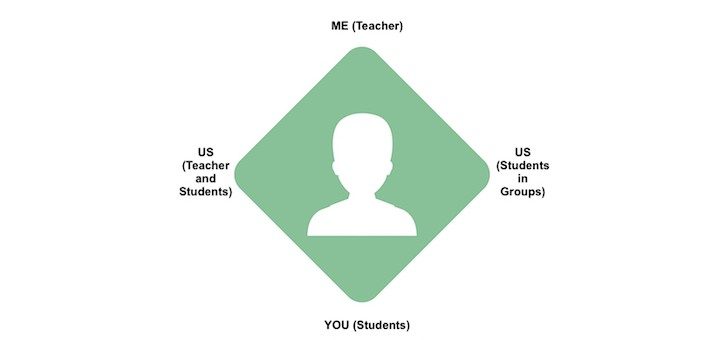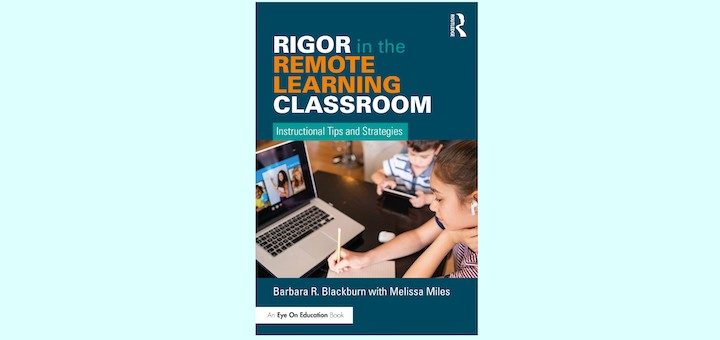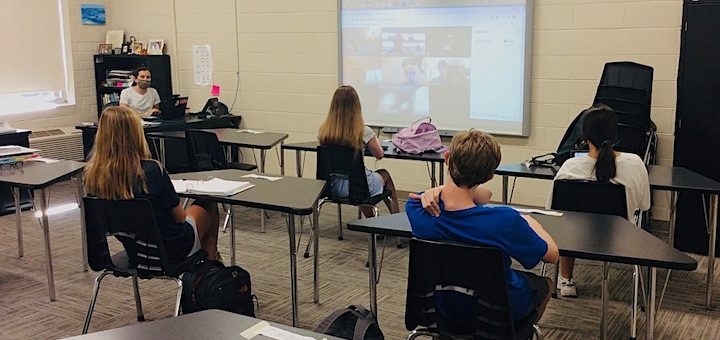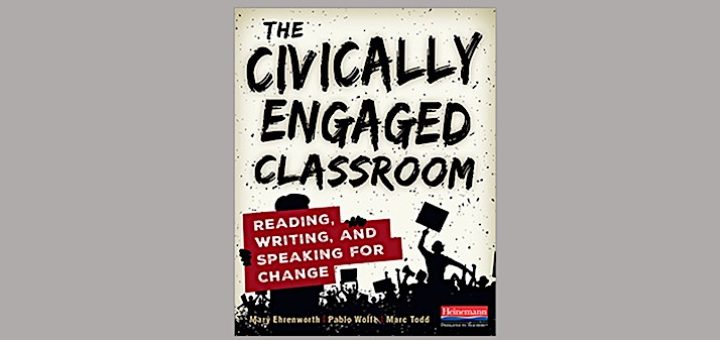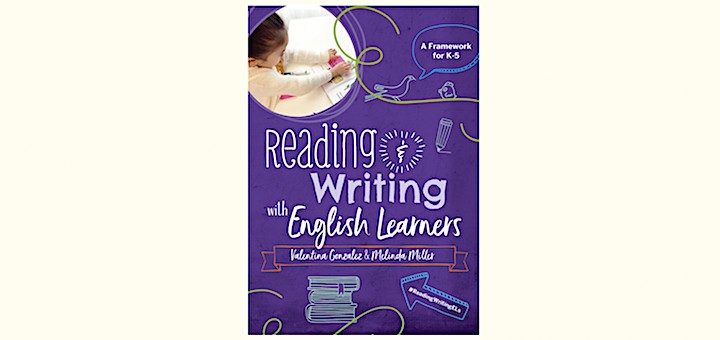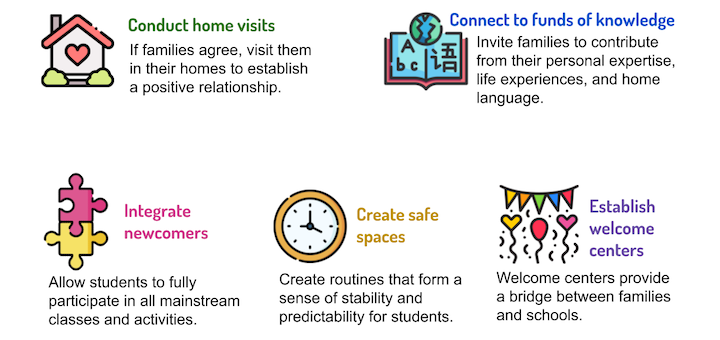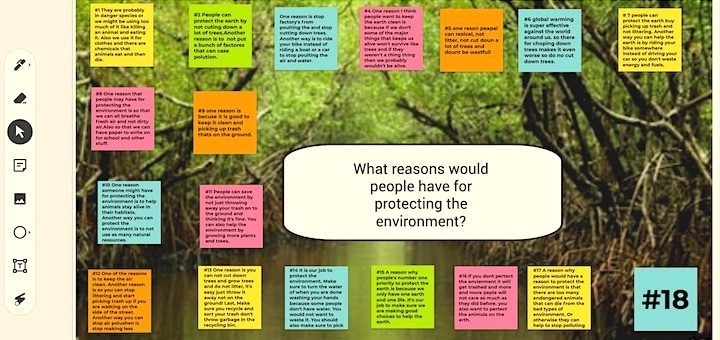Teaching and learning in grades 4-8
For years teachers have used the gradual release model to shift ownership and responsibility by degrees from themselves to students. In a remote setting, gradual release is often even more important, as students need structure to learn. Barbara R. Blackburn shows how.
Rigor in the Remote Learning Classroom is a valuable guide that will help teachers and schools reframe the conversation about remote teaching. The book’s tips and strategies can make a remote approach both robust and rigorous, writes middle school head Michael McLaughlin.
Inviting students to analyze fact-based data about topics that interest them will not only lead to greater engagement, it will grow their ability to investigate first and then draw conclusions that are well reasoned and supported. Teacher educator Curtis Chandler shares tips.
Amid pandemic learning, we must address virtual PD experiences for teachers, write experts Barbara Blackburn and Ron Williamson. By considering our purpose, the content, and the appropriate platforms to engage teachers, leaders can assure effective professional learning.
As middle graders face increased responsibility and learning challenges in virtual, hybrid and distanced classrooms, grade 6 teacher Cheryl Mizerny offers strategies in 3 key areas: supporting their need for organization, adapting our methods, and modifying our curriculum.
For the past two and half years, assistant principal DeAnna Miller has been on a leadership journey, seeking insights into a school career she’s already come to love. So far, the former teacher-coach writes, “I’ve discovered one profound ‘a-ha’ and two recurring truths.”
The Civically Engaged Classroom can be read on multiple levels: with tips and ideas that can be incorporated into class tomorrow, but also big picture thinking about rebooting the whole system of civic education, writes ELA and social studies teacher Megan Kelly.
Once you begin Reading & Writing with English Learners, you won’t want to stop. Better yet, you’ll begin looking at your lesson plans, figuring out how to fit in all the fresh ideas you’ve gathered, writes high school EL teacher Emily Francis, who recommends it for K-12.
A newcomer is a student who has immigrated from another country. Their experiences are quite different than those who are citizens of immigrant parents. Tan Huynh shares key ideas from author Louise El Yaafouri to both welcome newcomers and create a system that empowers them.
When Kathie Palmieri came back to her physical but socially distanced classroom, collaboration was one of her biggest concerns. Drawing on her ‘emergency’ teaching experiences and her new confidence about ed tech, she searched out Google Jamboard “and felt a sense of relief.”

